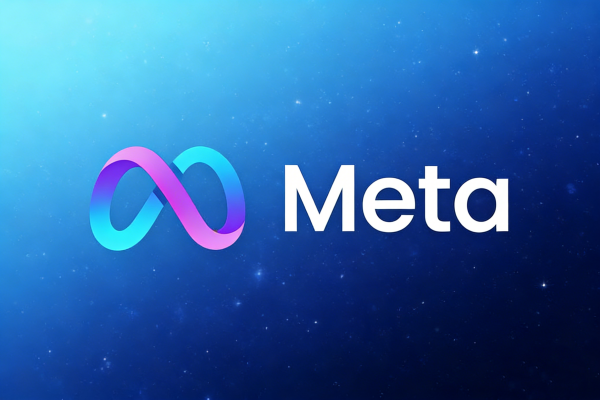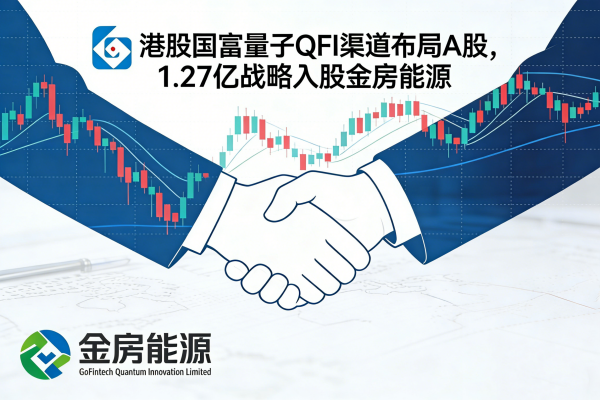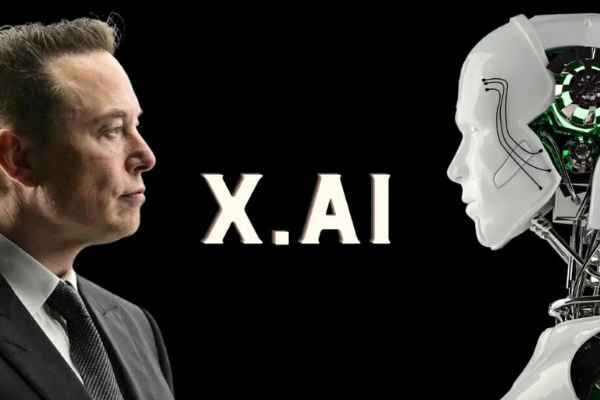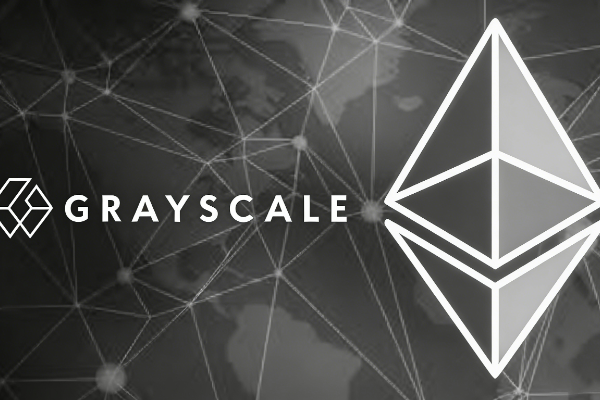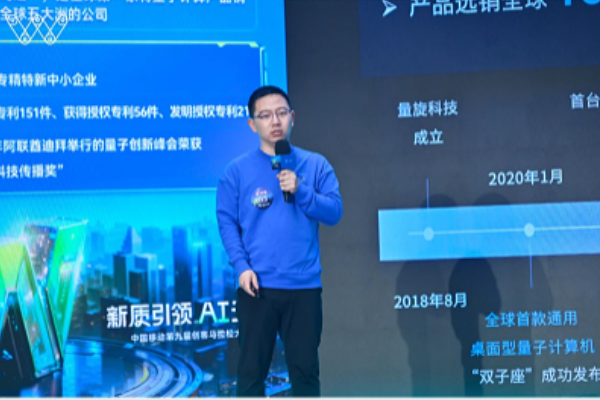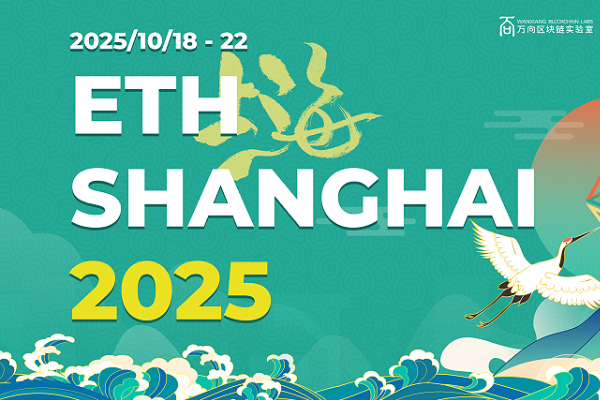Professor Li Guoquan: Ethereum is a must-have for enterprises facing the global market
At the ETHShanghai 2025 main forum held on October 22nd, Wanxiang Blockchain Executive Director and Wanxiang Blockchain Lab General Manager Du Yu engaged in an in-depth conversation with Li Guoquan, Chairman of the Global Fintech Academy and Professor of Fintech and Blockchain at the Singapore University of Social Sciences.
The conversation focused on Ethereum's practical applications and future development trends.
Professor Li systematically analyzed Ethereum's leading role in the global financial system and government regulation, and offered a perspective on its future development. He noted that Ethereum not only maintains a leading position in technology but also demonstrates significant advantages in regulatory compliance, making it the preferred infrastructure for many international financial institutions and governments.
In particular, Ethereum's solid technical foundation has earned widespread trust from regulators in financial products such as stablecoins and bonds. Professor Li emphasized that the Singapore government has pioneered the application of Ethereum technology in public services, encompassing scenarios such as academic and diploma authentication and international trade documents.
These practices not only ensure transparency and security in transactions but also significantly reduce operating costs, providing a valuable example for other countries and regions around the world.
He believes that Ethereum's decentralized nature not only ensures transparency and anti-money laundering compliance in financial activities, but also, due to its geopolitical neutrality, provides strong support for businesses conducting cross-border business. Regarding the Chinese market, Professor Li Guoquan noted that while consortium blockchains may be more stable in the current domestic environment, Ethereum is undoubtedly the only path forward for Chinese companies seeking to expand internationally.
He also envisioned future breakthroughs in decentralized hardware and cloud computing technologies, believing that these innovations will significantly improve blockchain infrastructure and enhance its resilience to risks.
Advances in hardware areas like chip design, in particular, are expected to provide solid support for the large-scale application of blockchain technology. Finally, Professor Li Guoquan emphasized the critical role of education and government collaboration in promoting the implementation of blockchain technology.
He recommended that domestic developers fully utilize the Ethereum testnet for experimentation and encouraged closer collaboration between universities and research institutions. He also expressed optimism about Ethereum's potential in emerging areas such as green finance and carbon trading, believing it will have a profound impact on the global economic structure.


